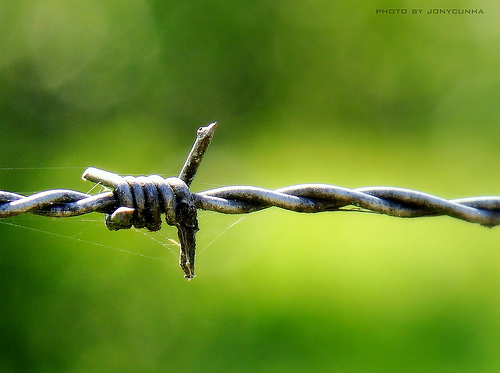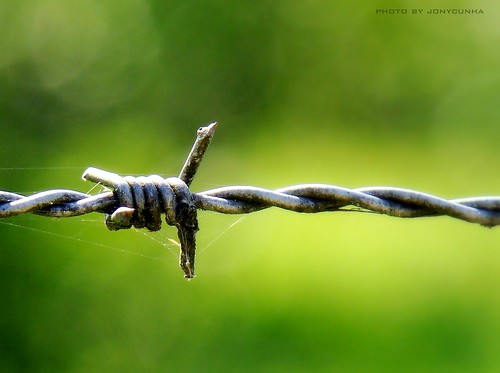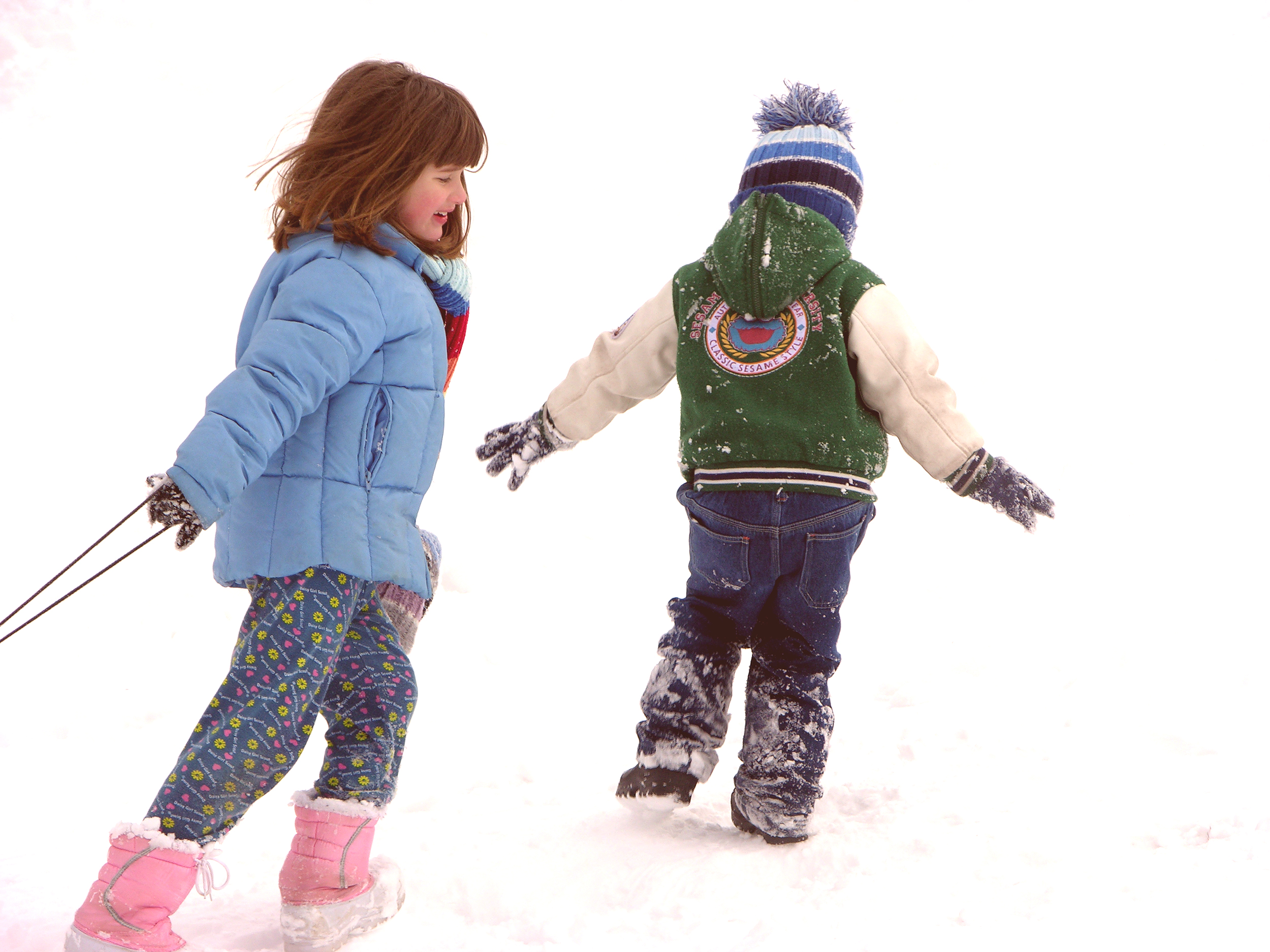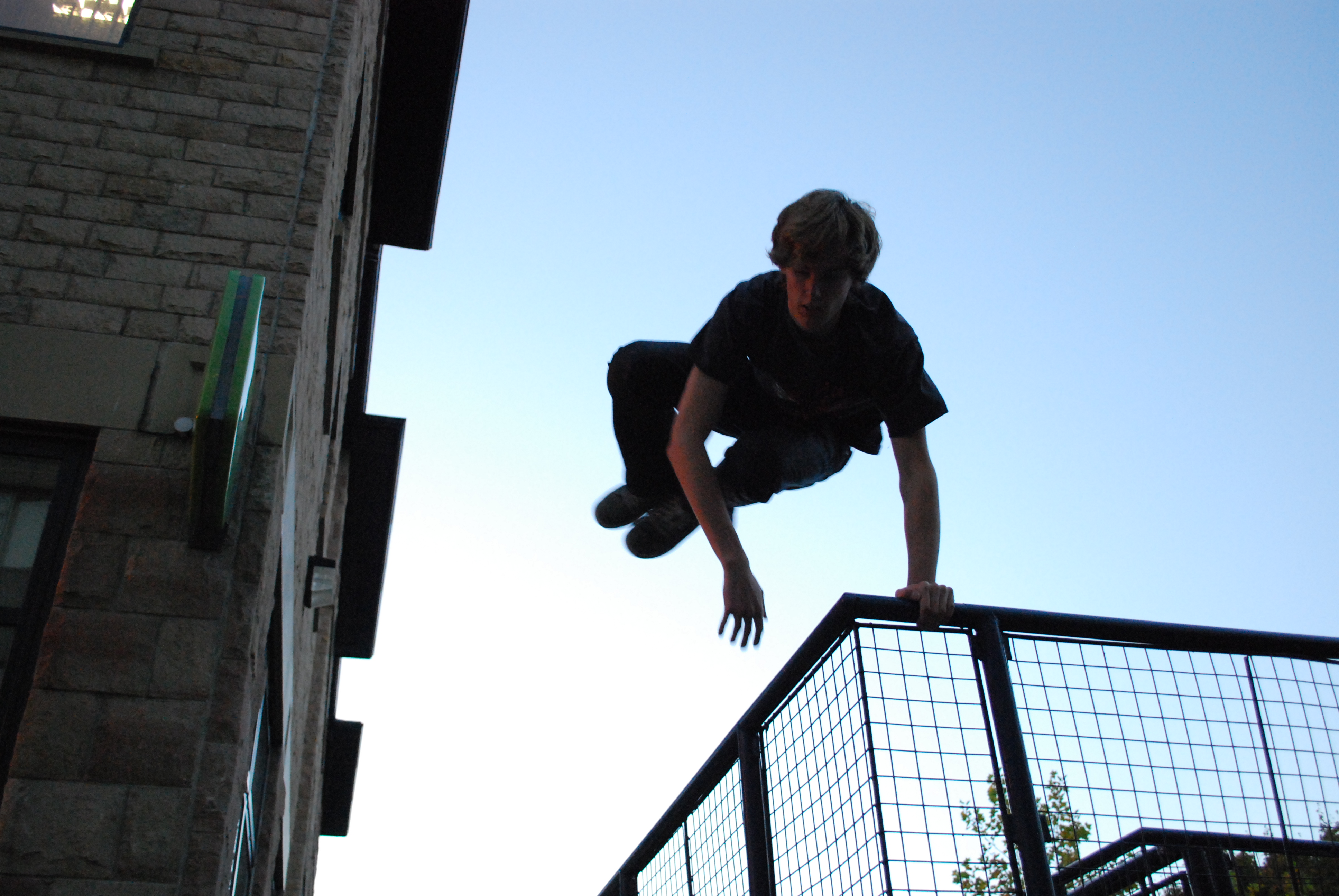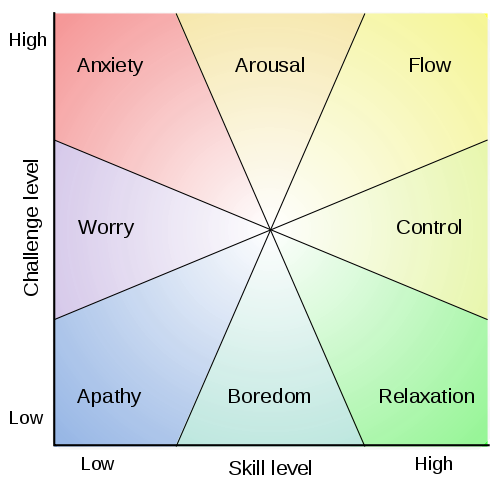“Stop making excuses and get to work.”
“That’s just a bad excuse and you know it.”
Well, do you? How much do you really know about your excuses? Do they really matter to your language study? And if they really tend to upset the work of all language learners – wouldn’t it help to learn more about them?
Let’s do that tonight. No excuses here. Come on, this one won’t hurt 🙂
Wiktor (Vic) Kostrzewski (MA, DELTA) is an author, translator, editor and project manage based in London. When he works, he thinks about languages, education, books, EdTech and teachers. When he doesn’t work, he probably trains for his next triathlon or drinks his next coffee.
BRAVE Learning (formerly known as 16 Kinds) is a lifelong learning and productivity blog. If you enjoy these posts, please check out one of my books and courses.
My recent publications, and my archive, is now all available on my new project: PUNK LEARNING. Hope to see you there!
